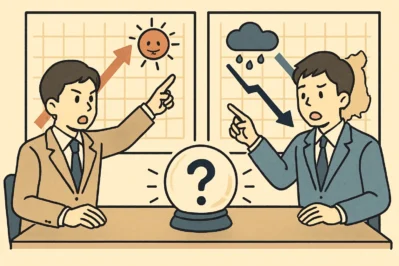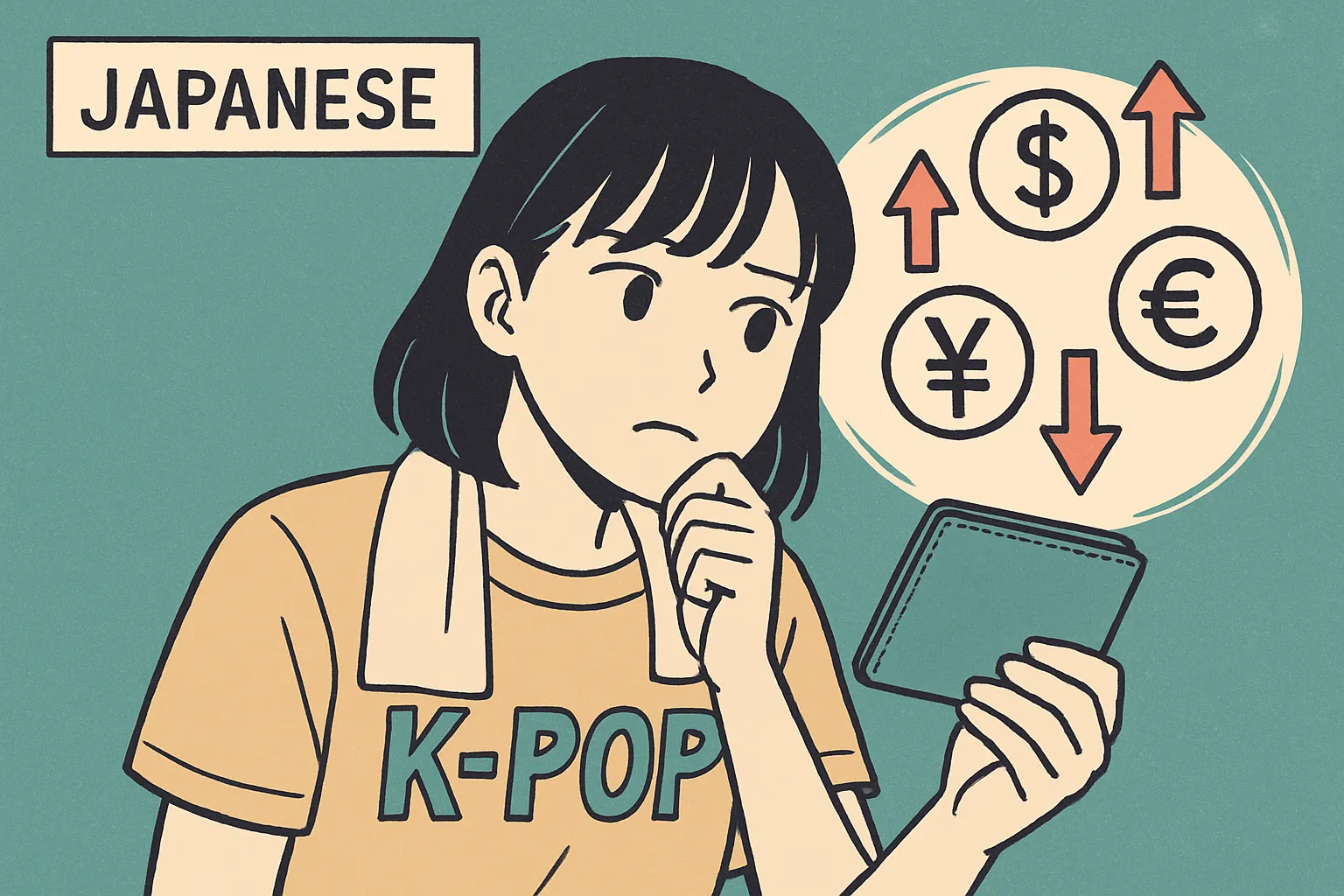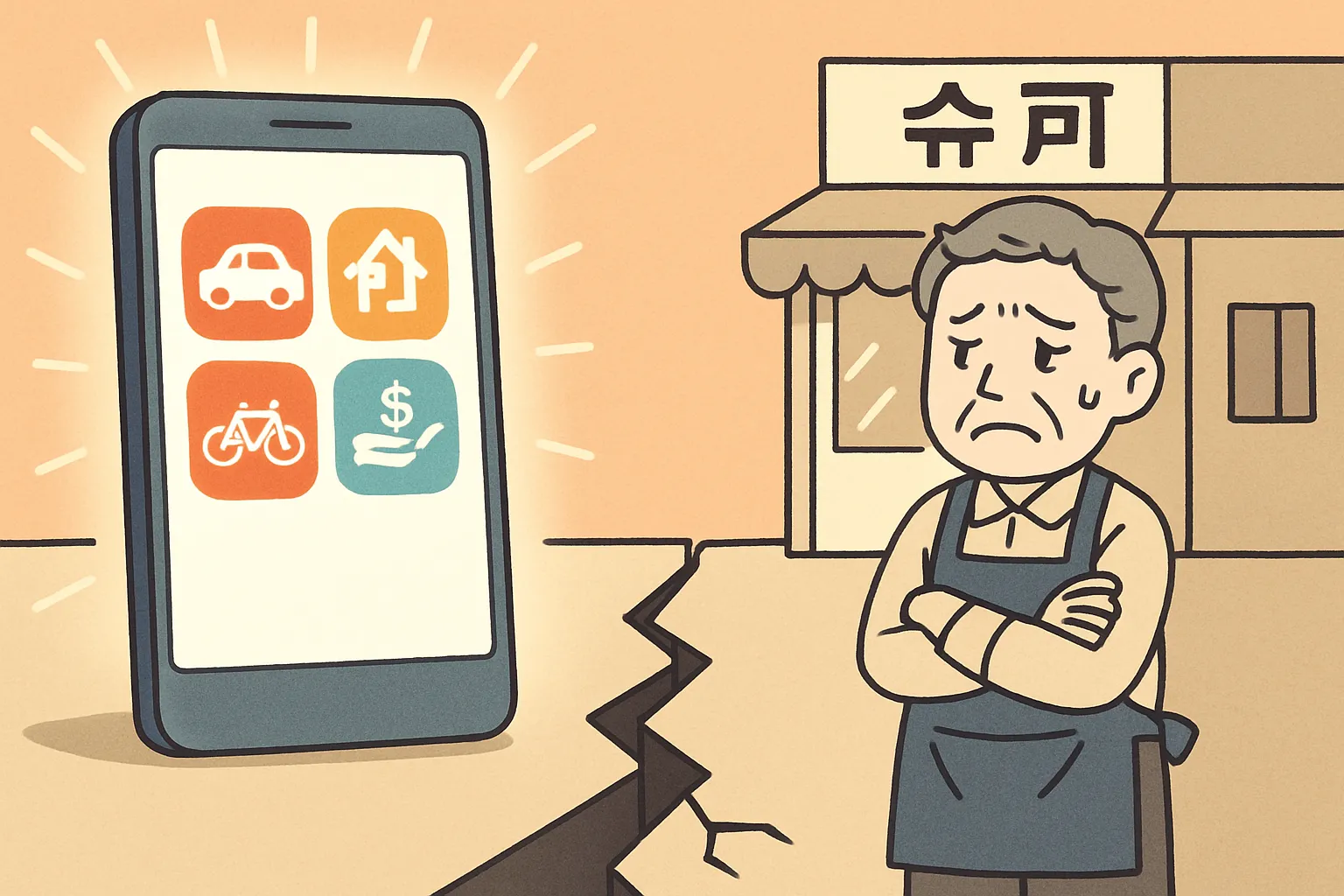Beyond the Headlines: A C1 Guide to Analyzing Korean Real Estate Forecasts
Hello! It’s your favorite Korean language guide, [Maeil Hangeul], here to upgrade your skills to a truly advanced level!
Ever feel like you’re just scratching the surface of Korean conversations? Today, we’re diving deep into a topic that every adult in Korea discusses: real estate. But we’re not just learning vocabulary. We’re learning how to critically analyze expert opinions, a crucial skill for high-level discussions. Lately in Korea, the news is buzzing with conflicting predictions about the housing market—will it crash or soar? After this lesson, you’ll be able to listen to a news report and form your own sophisticated opinion, in Korean!
Let’s get started!
Core Expressions for Critical Analysis
Here are the essential phrases you need to sound like a market analyst.
1. ~는 경향이 있다 (~neun gyeonghyang-i itda)
- Pronunciation [Romanized]: ~neun gyeong-hyang-i it-da
- English Meaning: “to have a tendency to…” / “tends to…”
- Detailed Explanation: This is a key phrase for making objective observations about patterns or biases. Instead of saying “He is always pessimistic,” you can sound more analytical by saying, “He tends to be pessimistic.” It’s a polished expression used frequently in reports, academic discussions, and professional settings to describe a recurring pattern without making an absolute statement.
2. 일리가 있다 (illiga itda)
- Pronunciation [Romanized]: il-li-ga it-da
- English Meaning: “to have a point” / “That makes sense.”
- Detailed Explanation: This is a fantastic way to acknowledge the validity of someone’s argument before you introduce your own counterpoint. It shows you are an active and thoughtful listener. In a debate, you might say, “그 주장은 일리가 있지만, 다른 측면도 봐야 합니다.” (That argument has a point, but we must also look at other aspects.) It’s a sophisticated way to agree partially while setting the stage for a deeper analysis.
3. 근거가 빈약하다 (geun-geo-ga binyak-hada)
- Pronunciation [Romanized]: geun-geo-ga bin-yak-ha-da
- English Meaning: “The evidence/basis is weak.”
- Detailed Explanation: This is a direct but formal way to critique an argument.
근거means ‘basis’ or ‘evidence,’ and빈약하다means ‘poor’ or ‘scant.’ You would use this when you believe a conclusion is not supported by sufficient data. It’s much more professional than simply saying “That’s wrong.”
4. 섣부른 판단이다 (seotbureun pandan-ida)
- Pronunciation [Romanized]: seot-bu-reun pan-dan-i-da
- English Meaning: “It’s a hasty/premature judgment.”
- Detailed Explanation: Use this phrase when you think someone has jumped to a conclusion too quickly without considering all the facts.
섣부르다means ‘hasty’ or ‘rash.’ It’s a powerful way to question the timing and certainty of a prediction, suggesting that more observation is needed.
5. 변수를 고려하다 (byeonsu-reul goryeohada)
- Pronunciation [Romanized]: byeon-su-reul go-ryeo-ha-da
- English Meaning: “to consider the variables.”
- Detailed Explanation: No analysis is complete without this!
변수means ‘variable,’ and고려하다means ‘to consider.’ This phrase is essential when discussing any complex system like an economy or a market. You can point out a flaw in an argument by saying, “그 전문가는 금리라는 한 가지 변수만 보고 있어요.” (That expert is only looking at one variable: the interest rate.)
Example Dialogue
Imagine two friends, Hyejin and Minjun, watching a news program featuring a real estate expert.
혜진 (Hyejin): 이 전문가가 내년 서울 아파트 가격이 폭락할 거라고 단언하네요.
(This expert is asserting that Seoul apartment prices will crash next year.)
민준 (Minjun): 흠… 그분의 주장이 일리가 있기는 하지만, 제 생각엔 좀 섣부른 판단인 것 같아요.
(Hmm… His argument has a point, but I think it’s a hasty judgment.)
혜진 (Hyejin): 왜요? 어떤 점에서요?
(Why? In what way?)
민준 (Minjun): 저분은 과거 데이터를 기반으로 지나치게 비관적인 예측을 하는 경향이 있더라고요. 정부 정책이나 신규 공급 같은 다른 변수도 고려해야죠.
(He has a tendency to make overly pessimistic predictions based on past data. You have to consider other variables like government policy and new housing supply.)
혜진 (Hyejin): 그렇네요. 그렇게 보니 주장을 뒷받침할 근거가 좀 빈약하게 들리네요.
(That’s true. Looking at it that way, the evidence to support his claim sounds a bit weak.)
Culture Tip & Trend Deep Dive
In Korea, real estate (부동산) isn’t just an asset; it’s a national obsession and a frequent topic of fierce debate. You’ll find that news channels and YouTube experts often have very strong, sometimes conflicting, viewpoints.
Here’s a pro tip to sound like a true insider: When analyzing an expert’s opinion, consider their background. Are they from a government research institute, a private real estate consulting firm, or a university? Their affiliation often influences their perspective.
You can show your deep understanding by saying something like:
- “저 전문가는 건설사 입장을 대변하는 경향이 있어서 그 점은 감안하고 들어야 해요.”
(That expert tends to represent the position of construction companies, so we have to take that into account.)
This level of nuanced observation will surely impress your Korean colleagues and friends!
Wrap-up & Practice!
Today, we learned five powerful expressions to move beyond simple conversation and into the realm of critical analysis. You learned how to describe tendencies (~는 경향이 있다), acknowledge points (일리가 있다), and critique arguments (근거가 빈약하다, 섣부른 판단이다) by considering all the 변수.
Now, it’s your turn to be the analyst!
- Fill in the Blank: A friend says, “This YouTube expert guarantees that investing in this stock will make you rich in a month!” You, being a wise analyst, reply:
“한 달 만에 부자가 된다니… 그건 좀 _______________.” (Becoming rich in just one month… that’s a bit of a _______________.) -
Make a Sentence: Using
~는 경향이 있다, describe a tendency you’ve noticed in news reports, economic forecasts, or even movie reviews in your own country.
Leave your answers in the comments below using the expressions we learned today! I can’t wait to read your insightful analyses.






